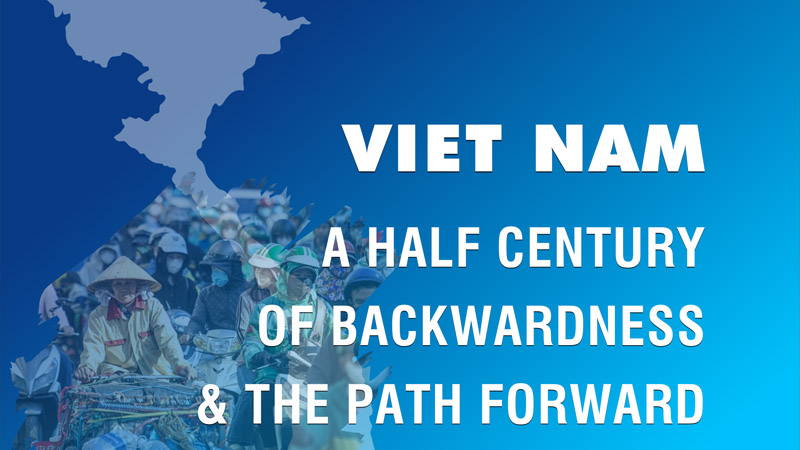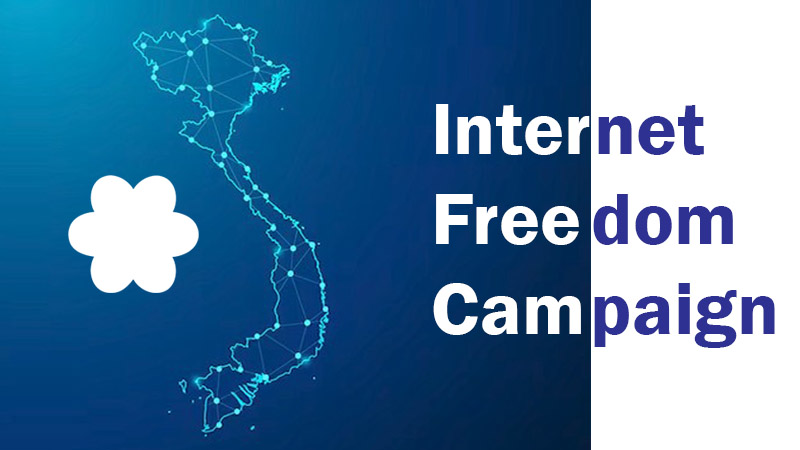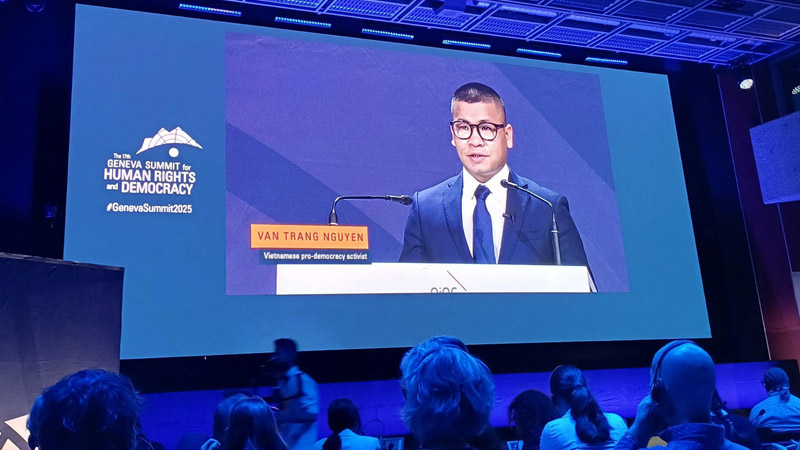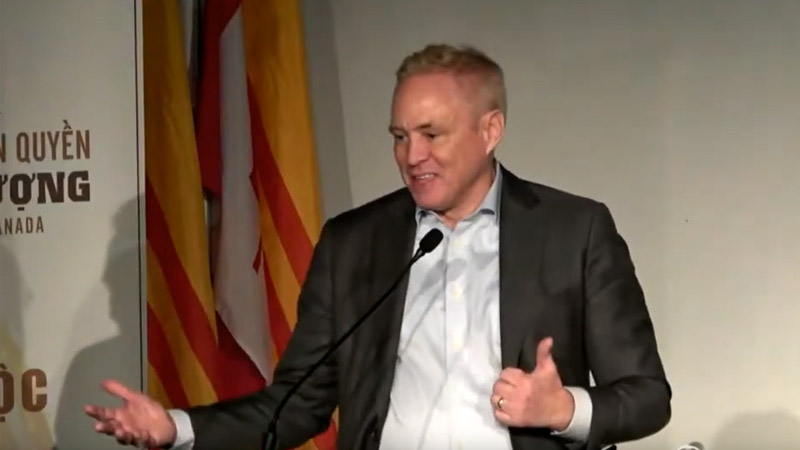Tuesday, November 6, 2007
WASHINGTON: A senior U.S. official said Tuesday that Vietnam must treat its citizens better if the communist-led country wants to deepen ties with the United States. U.S. lawmakers, meanwhile, pushed for passage of legislation that would link U.S. aid to the fast-growing Asian country to rights improvements.
Scot Marciel, a deputy assistant secretary of state, told lawmakers at a House of Representatives hearing that Vietnam has released high-profile prisoners over the last two years and allowed outsiders greater access.
But, he testified, “serious deficiencies remain in political and civil liberties.” People cannot change their government, he said, and can be detained for expressing their political views. Media are restricted, and Internet use and freedoms of speech and assembly are curbed.
Vietnam tolerates no challenges to communist one-party rule and recently has arrested or sentenced pro-democracy activists, including a dissident Roman Catholic priest sentenced to eight years in prison; it insists, however, that only lawbreakers are jailed.
Several U.S. lawmakers urged their colleagues in the Senate on Tuesday to act on legislation overwhelmingly approved by the House in September that prohibits any increase in aid except for humanitarian assistance to Vietnam over levels of the budget year that ended Sept.
30 unless President George W. Bush certifies that Vietnam has made significant progress in its rights record.
“We should be protesting Vietnam’s human rights abuses in our loudest voice,” Republican Rep. Ed Royce said. Royce urged the U.S. ambassador to Vietnam, Michael Michalak, who assumed his post in August, to act as a champion of human rights. “If he’s doing his job, human rights will be an irritant in this relationship,” Royce said.
The Congressional Research Service has estimated that the United States this year is providing Vietnam with about $8 million to $12 million (€5.5 million to €8.25 million) in nonhumanitarian aid.
Marciel, in his testimony, detailed Vietnam’s “dramatic and striking” transformation from a Marxist country damaged by war to a growing economic power.
Vietnam is eager to keep the focus on its vibrant trade ties with the United States, a message Vietnamese President Nguyen Minh Triet conveyed during his June visit to Washington. The countries began a bilateral trade agreement in 2001, and trade reached nearly $10 billion (€6.9 billion) last year. Triet was the first president from Vietnam to visit the White House since the Vietnam War.
Marciel said that despite “only halting progress in advancing political freedoms, on religious freedom the country has made real, significant improvements” — echoing praise made in the U.S. State Department’s annual International Religious Freedom report in September.
The United States handed Hanoi a major concession last year when it removed Vietnam from a list of countries the United States considers guilty of severe violations of religious freedoms.
Democratic Rep. Bill Delahunt questioned the State Department’s view of Vietnam’s religious toleration, citing what he called “a trend going in the other direction.
Marciel responded that while Vietnam’s recent crackdown on dissenters was “appalling,” it was a political crackdown, not an assault on religious freedom.





